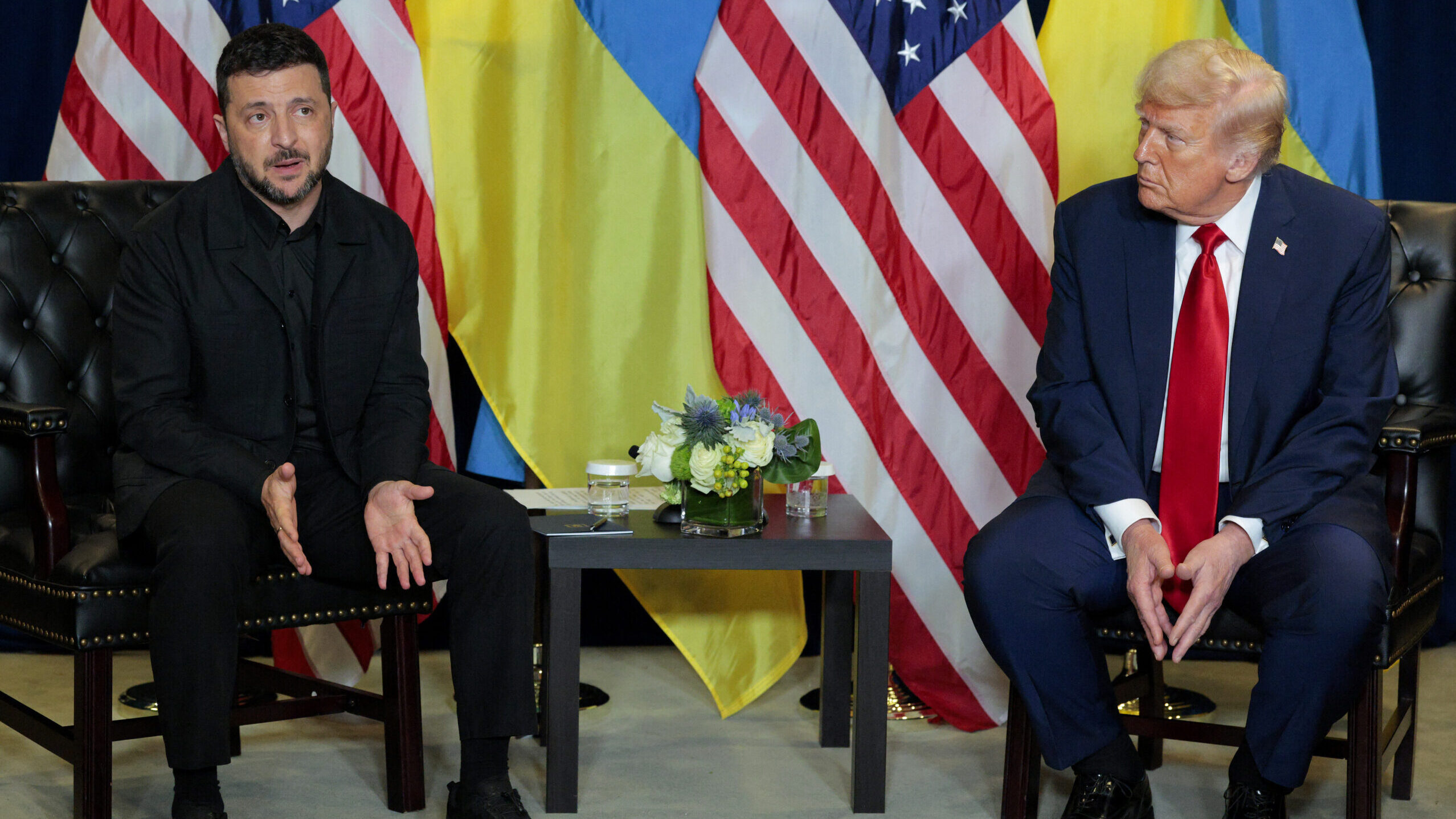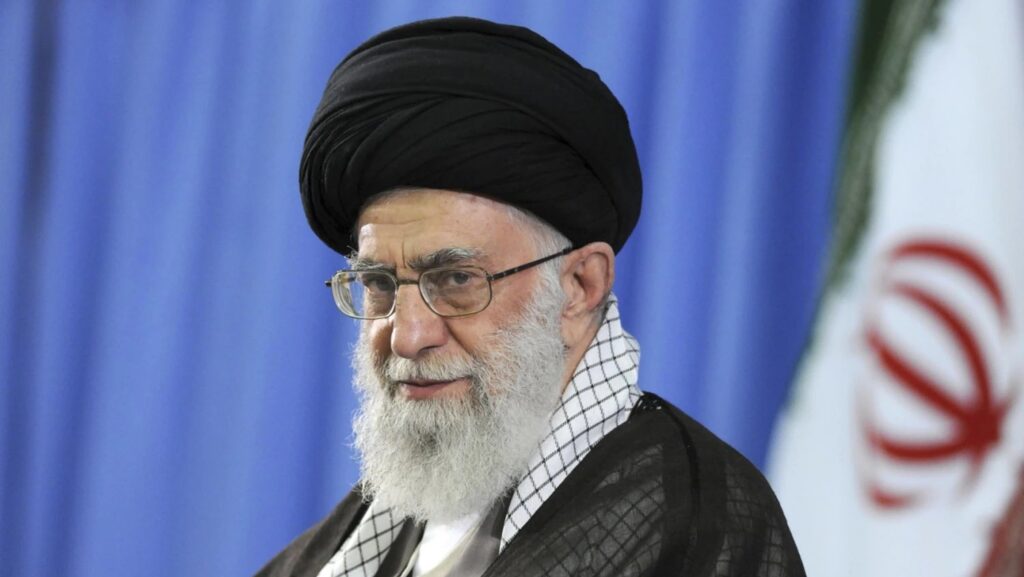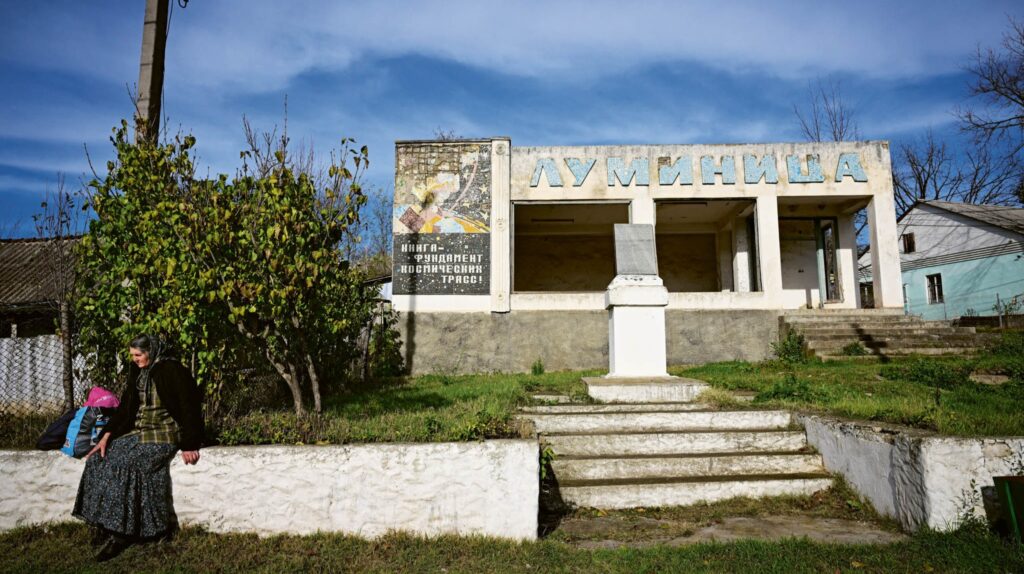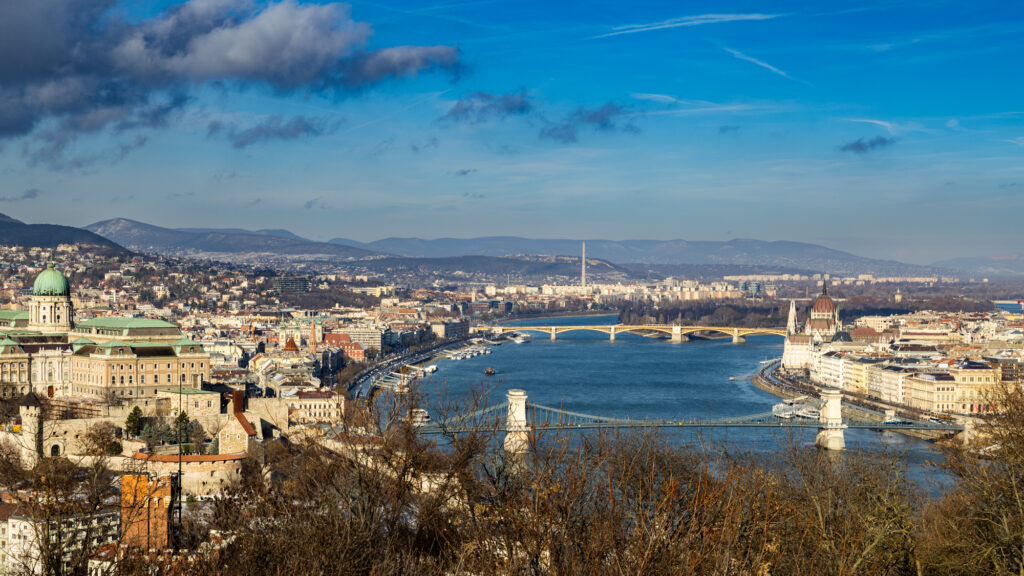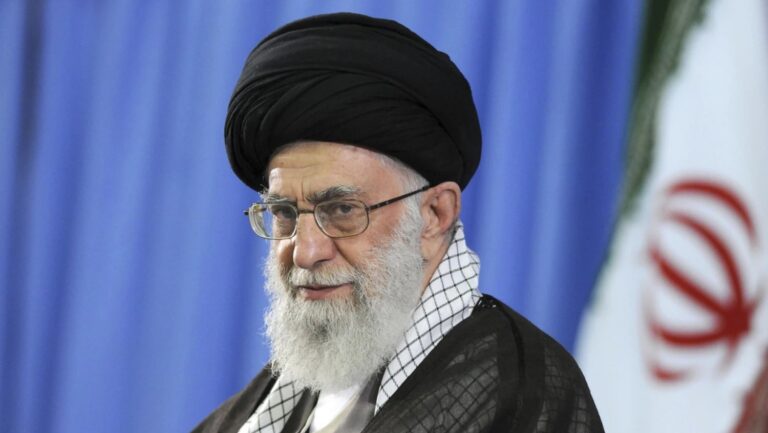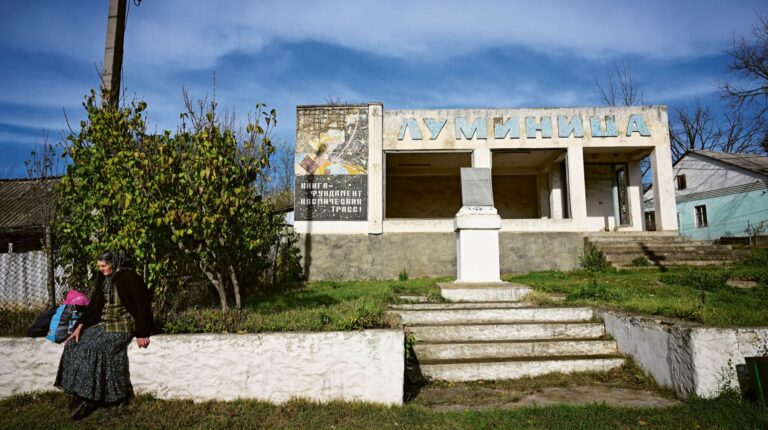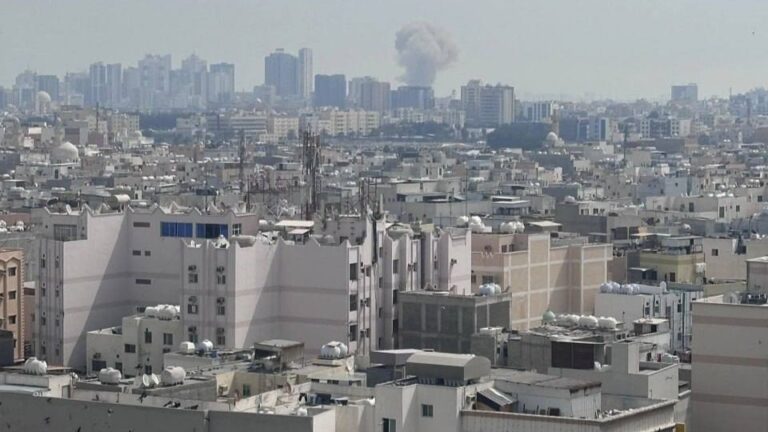US President Donald Trump is reportedly optimistic about brokering peace between Ukraine and Russia following last week’s breakthrough agreement ending the Gaza war, according to a White House official. The comment came as Ukrainian President Volodymyr Zelenskyy is scheduled to meet Trump on Friday, 17 October, in Washington to discuss the possible provision of Tomahawk long-range subsonic missile systems capable of striking deep inside Russian territory.
‘President Trump has long expressed his desire to end the war between Russia and Ukraine, just as he freed the hostages and ended the war between Israel and Hamas,’ the official told POLITICO.
The Trump administration began peace efforts immediately after taking office, with the first US–Russia talks held in February. After a historic summit between Trump and Russian President Vladimir Putin in Alaska in August, however, the process stalled, as neither Moscow nor Kyiv appeared willing to halt the fighting. The conflict, instead, has since evolved into a brutal energy war ahead of winter: Russian strikes have destroyed roughly 60 per cent of Ukraine’s gas production capacity, while Ukrainian drones have disabled between 20 and 38 per cent of Russia’s oil refining capacity, leading to fuel shortages across several regions.
‘The conflict, instead, has since evolved into a brutal energy war ahead of winter’
‘As the President stated, the war hasn’t been going well for Russia, whose economy is in shambles and which continues to lose thousands of lives to gain virtually no land. If they were smart, they would urgently pursue a deal to end the war that has severely damaged Russia’s reputation, stop the killing, and get their country back on track. President Putin has repeatedly rejected generous proposals for peace that would have benefited Russia,’ the same White House official said.
‘The President remains optimistic that he will be able to get both sides to stop the senseless killing,’ he added.
Riding the Momentum?
Whether the breakthrough in the Middle East can give momentum to negotiations over Ukraine remains to be seen. Following the Israel–Hamas agreement, Russian officials made notably sympathetic remarks about Trump. Putin praised him as a leader who ‘solves complex problems, crises that last for decades,’ and criticized the Nobel Committee—after Trump was passed over for the Peace Prize—as being composed of people who ‘have done nothing for the world.’ Russian Foreign Ministry spokeswoman Maria Zakharova also rebuked TIME magazine for using an unflattering cover photo of Trump, echoing the president’s own criticism.
At the same time, Moscow has pushed back strongly against reports of possible US plans to supply Tomahawk missiles to Ukraine, calling it an unprecedented escalation. Putin said such a move would mark a ‘qualitatively new stage of escalation’, while Kremlin spokesman Dmitry Peskov warned that their use ‘could end badly,’ suggesting that operating the complex systems would require US personnel and thereby make Washington a party to the conflict.
Trump has acknowledged Zelenskyy’s interest in acquiring Tomahawks, hinting that he might provide them if Putin continues to refuse substantive peace talks—but he has also recognized the serious risk of escalation.
Hungarian Prime Minister Viktor Orbán and his government have long been among the strongest advocates for peace within the European Union. Orbán was the only Visegrád Four leader—Poland, Czechia, Slovakia, and Hungary—to attend the signing ceremony of the Gaza peace deal in Egypt earlier this week, a move Trump praised as proof of Hungary’s steadfast commitment to diplomacy.
Zoltan Kovacs on X (formerly Twitter): “🕊️@PM_ViktorOrban: For three days now, the world has been trying to understand how President @realDonaldTrump managed what had seemed impossible for decades: bringing peace to the Middle East.There’s one thing we Europeans should take note of: we watched the entire process from… pic.twitter.com/u473cTIB7U / X”
🕊️@PM_ViktorOrban: For three days now, the world has been trying to understand how President @realDonaldTrump managed what had seemed impossible for decades: bringing peace to the Middle East.There’s one thing we Europeans should take note of: we watched the entire process from… pic.twitter.com/u473cTIB7U
Orbán stated on Wednesday that Europeans should draw a clear lesson from the Middle Eastern peace process: ‘We watched the entire process from the outside. While in Brussels they’ve been drafting lofty statements for two years, in the Middle East the Americans and their allies, through steady and persistent diplomacy, have made peace. And all we could do was applaud.’ He warned that unless ‘Brussels wakes up, the same fate awaits us in Ukraine,’ adding that Europe could achieve similar results—but only if it ‘negotiates with the Russians according to its own interests.’
Hungarian Minister of Foreign Affairs and Trade Péter Szijjártó also praised Trump, describing him as ‘the only real hope for a settlement in Ukraine.’ Szijjártó emphasized that Trump has ‘done more for peace in Ukraine and worldwide than any other leader,’ and expressed hope that continued dialogue with Russia will ‘keep the door open to lasting peace.’
Related articles:

